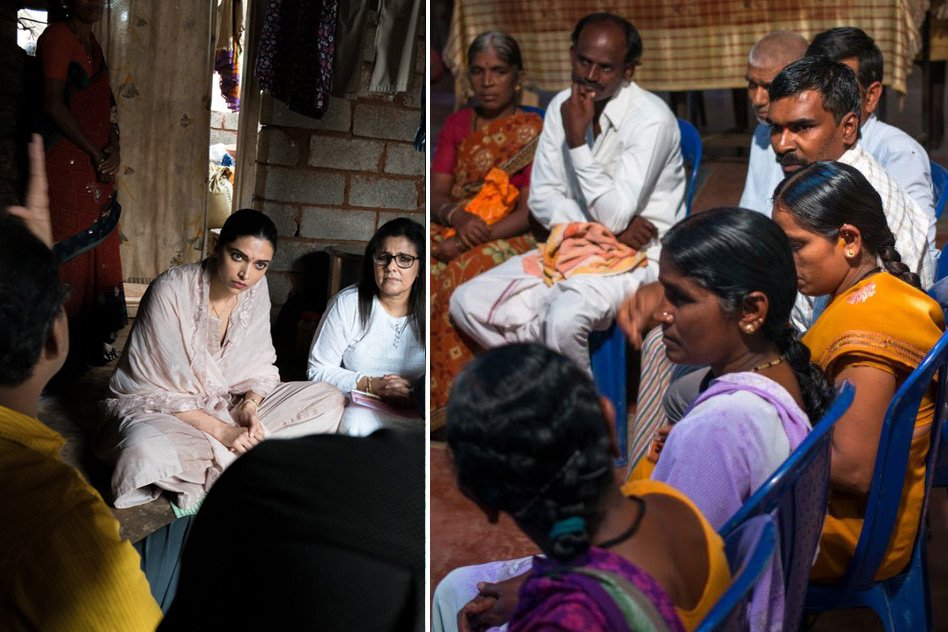
On World Mental Health Day, This NGO Is Taking The Battle Against Depression To Rural India
13 Oct 2017 1:01 PM GMT
Over the last 2-3 years in India, the issue of mental health has received heightened awareness, media coverage and attention on digital platforms. But whenever we talk about mental health or depression, rarely a picture of rural women or men comes to our mind. The images available on the internet, the talk on social media or even the awareness around mental health mostly focuses on urban India. The rural parts of our country don’t even have access to proper healthcare or doctors especially for mental health. The acute lack of resources in rural India creates a situation where mentally ill patients remain either undetected or are improperly handled.
Status of mental health care in rural India
68.84% of Indian population lives in rural areas, with only about 25% of the health infrastructure, medical manpower and other health resources. Against the huge need for mental health services in India, there is scarcity of trained manpower. Specific to mental health, the national mental health programme (NMHP) and the district mental health programme (DMHP) that were set up decades ago in India aimed to enhance basic mental health care in rural areas. While mental health care has expanded steadily across the country, rural communities are still constrained. Non-governmental organisations use a variety of community-oriented care programmes and strategies that have been employed in the past. They have also attempted to utilise existing community resources and demonstrated the feasibility, cost-effectiveness of the outreach programs for persons with mental illness.
Reaching rural areas
Despite the constraints, there are a few organizations and community health workers who are providing outstanding support to address the gap. The Live Love Laugh Foundation (TLLLF) is one of them. The foundation was set up in June 2015 by actor Deepika Padukone who came out about her own personal struggle with depression.
The organisation’s main focus this year is to extend their goal of awareness and destigmatisation beyond the urban and into the rural setting.
For this, they have partnered with Association of People with Disabilities (APD) to expand their understanding of rural mental health. APD a non-governmental organisation working in the
field of disability for the last 57 years and has empowered 30,000 individuals with disability to become active, contributing members of society. APD with the help of TLLLF team connects the local authorities and the communities in rural areas of Karnataka and organises treatment camps, sessions and awareness on mental health.
This year, to commemorate World Mental health Day, the TLLLF Foundation team and trustees visited Jagaluru taluka in Davengere district and specifically went to bilichodu and pallaghatta phc to highlight the issue of mental health.
During their visit they met patients, caregivers and Accredited Social Health Activist (ASHA) workers. A session on “Dealing with stigma” & “Mental Health & Unemployability” was done with identified survivors and caregivers including those from within the TLLLF team.
While talking about the impact of how the association with TLLLF team has worked for APD, Mr. K.N. Gopinath, Executive Director, APD said, “TLLLF has opened the new doors of opportunity for people with mental health issues living in the remotest part of rural Karnataka to receive treatment and support at their door step. This has made an immense positive effect not only on the person affected but on the whole community around them for this we immensely thank TLLLF and look forward to strengthen our partnership with them”.
The Fight Against Depression Needs Your Support
Despite the constraints and challenges faced by organisations working for mental health in rural India in terms of resources and volunteers, there are a few organizations and community health workers who are providing outstanding support to address the gap. They need encouragement and support from both public and private organisations. The urbanites need to reach out to them and lend their support in terms of skills, labour and finance.
 All section
All section


















